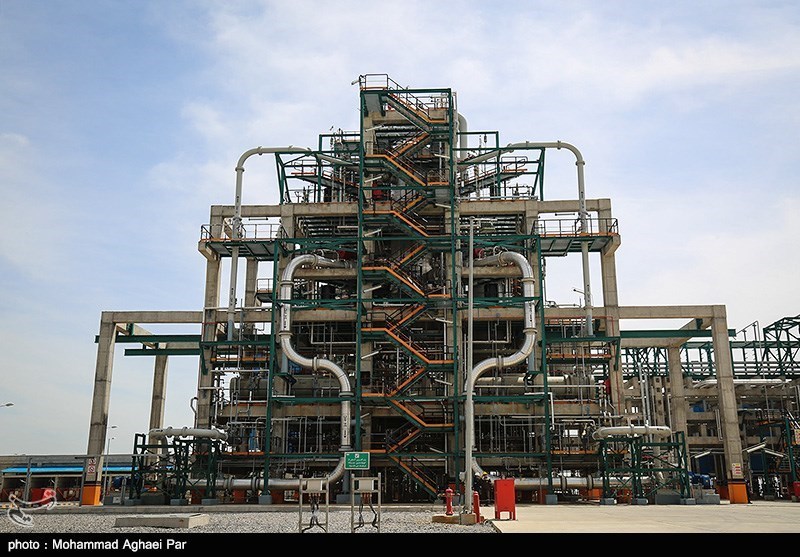The Chemical company BASF, whose managing director paid an official visit to Iran last year as a member of a delegation accompanying German Economy Minister Sigmar Gabriel, has offered to invest in a six-billion-dollar project to establish petrochemical sites in southern parts of Iran.
Over the past year, numerous meetings have been held between Iranian oil ministry officials and German companies and if they are finalized and lead to contracts between the two sides, $12bln of investment will be made in Iran by the Western European country.
Wintershall Holding GmbH, Germany’s largest crude oil and natural gas producer and a wholly owned subsidiary of BASF, is another company that has signed a memorandum of understanding (MoU) with the National Iranian Oil Company (NIOC) to make studies on four oil fields west of Iran.
There has been a new wave of interest in ties with Iran since Tehran and the Group 5+1 (Russia, China, the US, Britain, France and Germany) on July 14, 2015 reached a conclusion over the text of a comprehensive 159-page deal on Tehran’s nuclear program and started implementing it in January 2016.
The comprehensive nuclear deal, known as the Joint Comprehensive Plan of Action (JCPOA), terminated all nuclear-related sanctions imposed on Iran.
The promising prospect of trade with Iran has prompted major European countries to explore the market potential in the populous Middle East nation.
